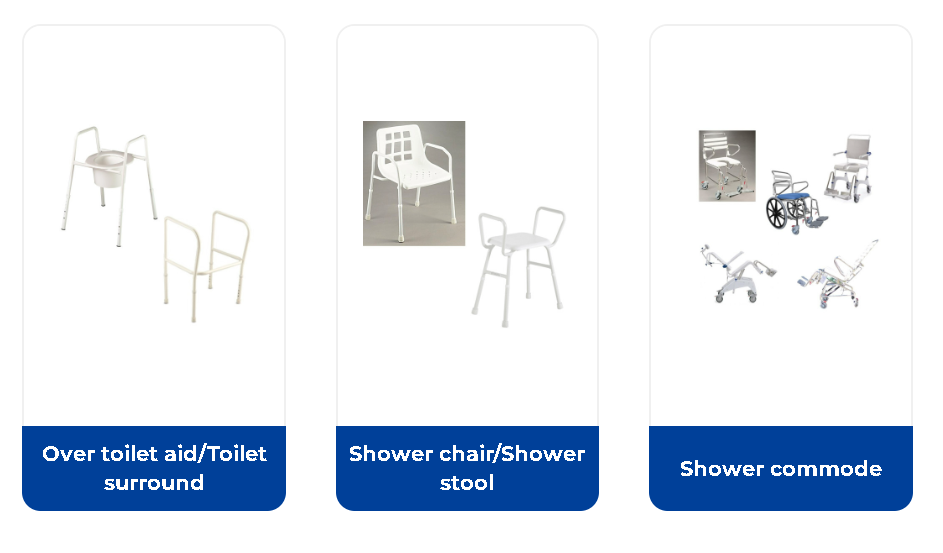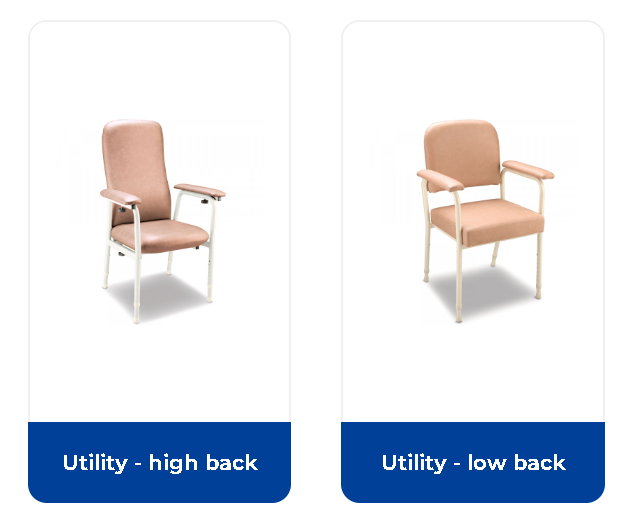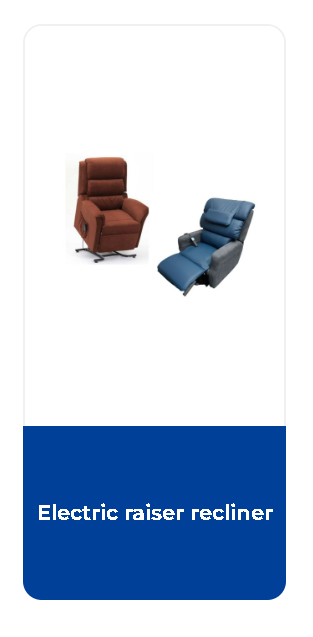April Falls Month is an annual campaign that encourages everyone to assess their home and implement strategies to reduce the risk of falls.
According to the NSW Falls Prevention and Healthy Ageing Network (the Network), 37% of injury-related deaths are caused by falls and 30% of people aged 65 and over will experience at least one fall each year.
People living with MND may have a greater risk of trips and falls. This is due to muscle weakness and wasting which can affect balance, posture, mobility and coordination of movement. People living with MND may also find it difficult to get up off the ground after a fall.
Home risk assessment
It is recommended that people living with MND have regular home assessments by an Occupational Therapist and Physiotherapist. These health professionals play an important role in assessing your home environment and implementing strategies to reduce the risk of falls.
Occupational Therapist
Your Occupational Therapist will conduct an assessment of your entire home. They will assess lots of things and may make a number of recommendations that are tailored to you and your home. They may suggest grab rails in the bathroom and shower or raise the height of your toilet seat, amongst others. Their role is to recommend appropriate changes so you can stay as independent as possible at home.
Physiotherapist
According to the Network, staying active and exercise is known to reduce the risk of falls by around 23%. For people living with MND, an exercise or passive stretching program should be developed in consultation with a physiotherapist.
Equipment
Your Occupational Therapist may recommend equipment. You can access equipment from our equipment loan library called FlexEquip. For example, if you have a shower over bath or shower hob, a sliding transfer bench may be recommended to minimise the need for extra transfers and bathroom modifications.
Other bathroom aids like a shower commode, a shower chair or an over toilet aid/surround may also be recommended. A height adjustable utility chair with arms or a raiser recliner may be more comfortable and safer to get in and out of. Pictures of these items are below with further information found on the FlexEquip website.
Home Safety Checklist
Booklet
The NSW Government Staying active and on your feet booklet includes a self-assessment as well as information about exercise at home, healthy eating, continence and medications. It also includes strategies about what to do if you have a fall. You can request a free hard copy of this booklet to be sent to you by following the above link.
Online tool
Use the HomeFast online screening tool to assess your home for falls risk. It takes about 10 minutes to complete and will provide suggestions and strategies to make your home safer.
Simple strategies for everyone
There are some simple things you can do to prevent falls at home, they include:
- Remove clutter, cords and obstructions from walkways
- Ensure floors are dry and use non-slip mats
- Remove any loose floor coverings, use rubber backed mats or secure the mat with double sided tape
- Ensure your home is well-lit and use night lights
- Turn on the bedside lamp before you get out of bed a night
- Avoid storing items in low cupboards that requires bending
- Wear supportive shoes and avoid wearing slippers.
Personal alarm
It is recommended that people living with MND purchase a personal alarm. There are a number of personal alarm providers you can choose from, and most will be funded under the NDIS or My Aged Care.
Equipment items for hire from FlexEquip
The below are some of the items available to hire from FlexEquip. To view the full range, visit the FlexEquip website product library. An occupational therapist can make a referral for these items, if suitable.




